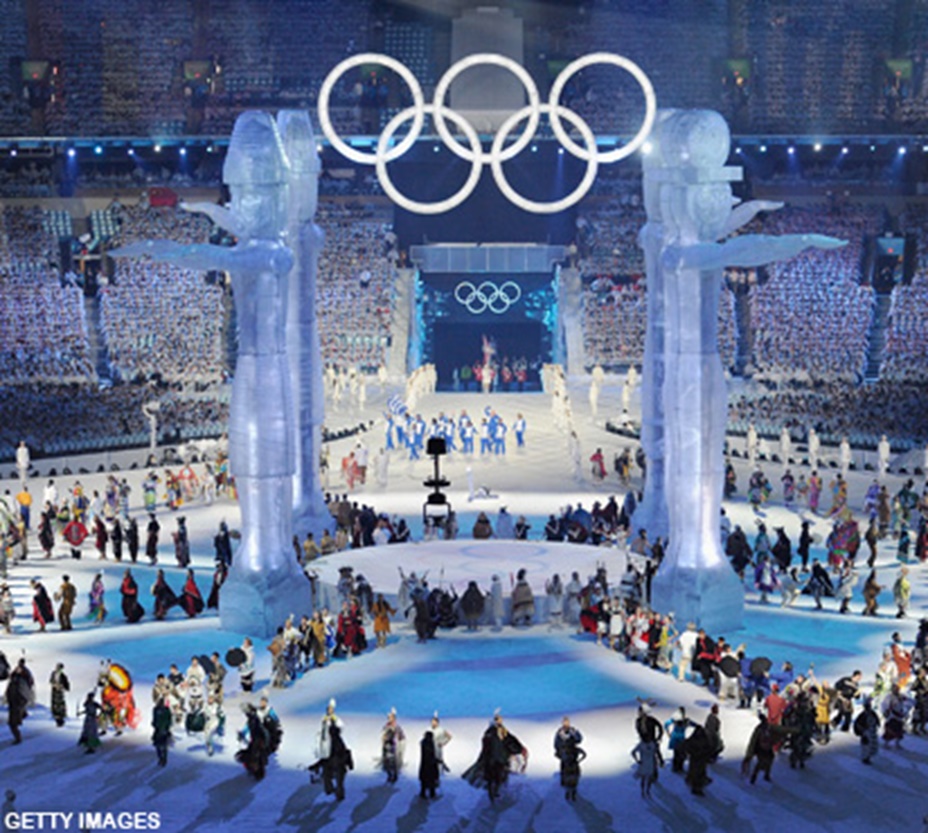Few cities "have been able to transform an Olympics, whether Summer or Winter, into a commercial, sporting and tourism success," according to Luis Ramírez of LA AFICION. The "key is found in the legacy: how transportation improvements and construction can help the Olympics improve business in an area." This is something that Vancouver "appears to have achieved when it hosted the Winter Olympics" in '10. Vancouver Tourism President Rick Antonson said, "One of the most important questions before the Olympics was how the government, private sector and the community would work together long-term. The infrastructure, not only the construction, but also the means of communication, were created to give better movement between the zones where the Games were held." The direct cost of money contributed to Vancouver's hosting of the event included $110M designated to "help maintain facilities in Whistler and Richmond for 30 years." Antonson: "One of the things Vancouver residents are proud of is that funds were used reasonably and left a legacy. Financing came from local sources, the government and from a private initiative." The Richmond Oval -- the site of speed skating during the Olympics -- became one of the best examples of the event's legacy. Now it is a "community sports center, but also a high-performance training facility for athletes." The construction of the Richmond Oval "also helped create a residential zone, as condominiums and offices now surround an area that was previously scarcely occupied." There "have been similar effects in Whistler," where facilities built for the Games are now "tourist attractions and recreational sports centers." Various studies "estimate that the final cost of the Vancouver Olympics reached $7B, but those same studies indicated that the people of Vancouver have been satisfied with the results" (LA AFICION, 1/8).




